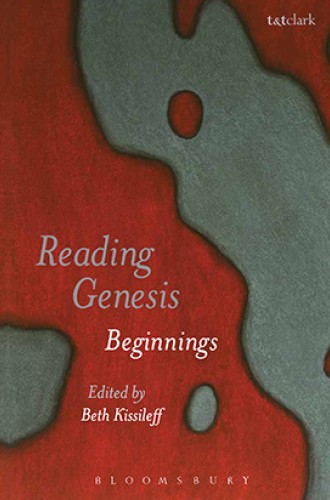Questions in Genesis
A book of essays asks, is the Bible literature? How is a blessing like an oath? And what if Eve was just hungry?
One rabbinic teaching claims that there are 70 different faces of the Torah and instructs: “turn it, turn it, for everything is in it” (Midrash on Numbers, 13:15). At first glance, one cannot but be impressed by Beth Kissileff’s broad and multifaceted collection of essays on Genesis. It includes contributions by some of the best-known Jewish thinkers, scholars, writers, and public figures—the crafters of 21st-century American Jewish culture. The diversity of topics, from game theory to neurobiology, from culinary traditions to human sexuality, presents contemporary evidence that the Bible speaks to all human knowledge.
Kissileff arranges the essays according to the order of the biblical text. The diversity of genres paired with the multiplicity of themes, characters, and ideas within Genesis creates a disjointed feeling rather than a flow. But a sense of continuity emerges as the authors of many of the essays discuss their personal relationship with the text and their perspective on writing for such a collection.
One striking example of self-awareness and commitment to craft comes from novelist Dara Horn. In her exploration of Jacob’s character development, Horn critiques the study of “Bible as literature” when it secularizes the text. This mode of study is “fashionable [as] a way to teach the Torah to people who do not believe in God,” but it separates the text from its deeply religious content and intent.






